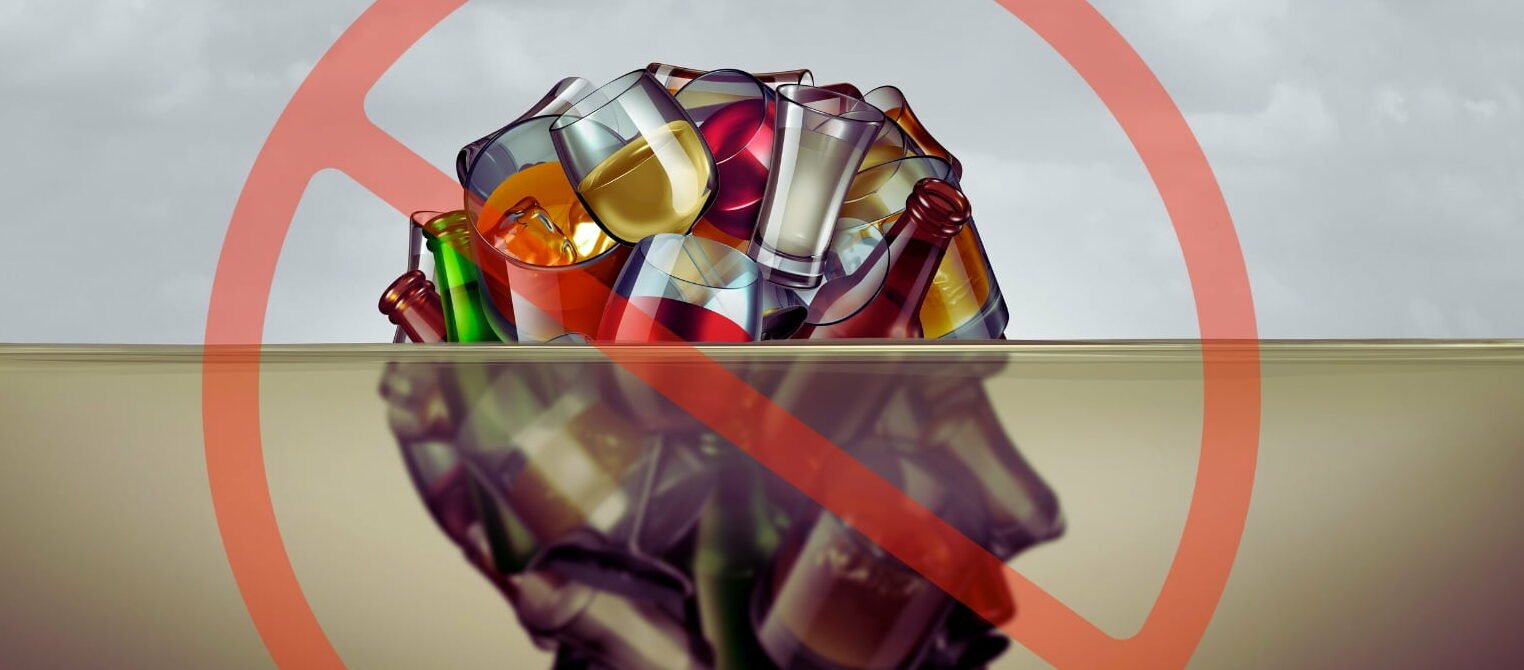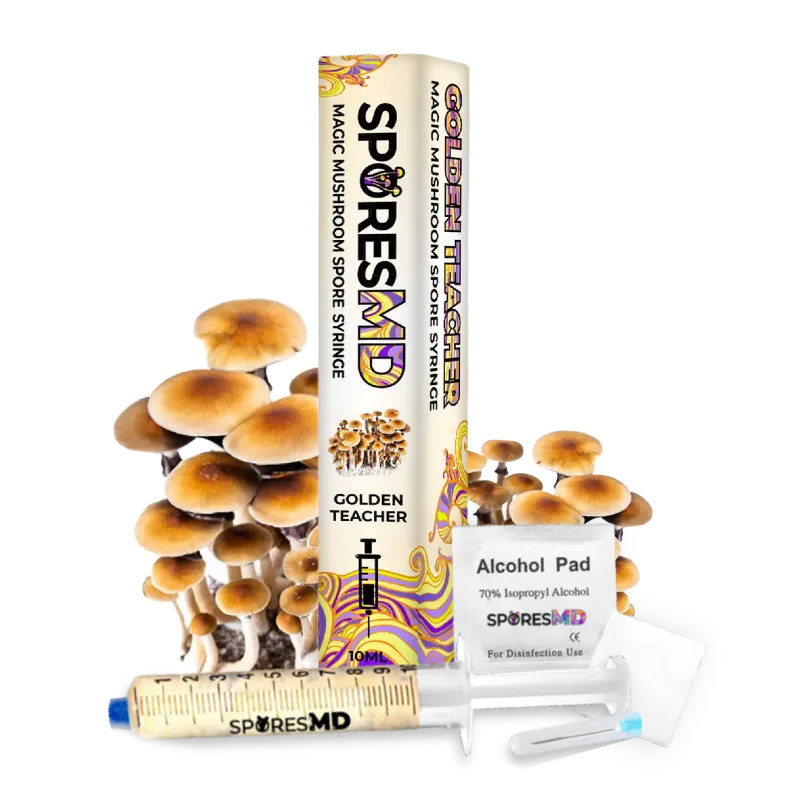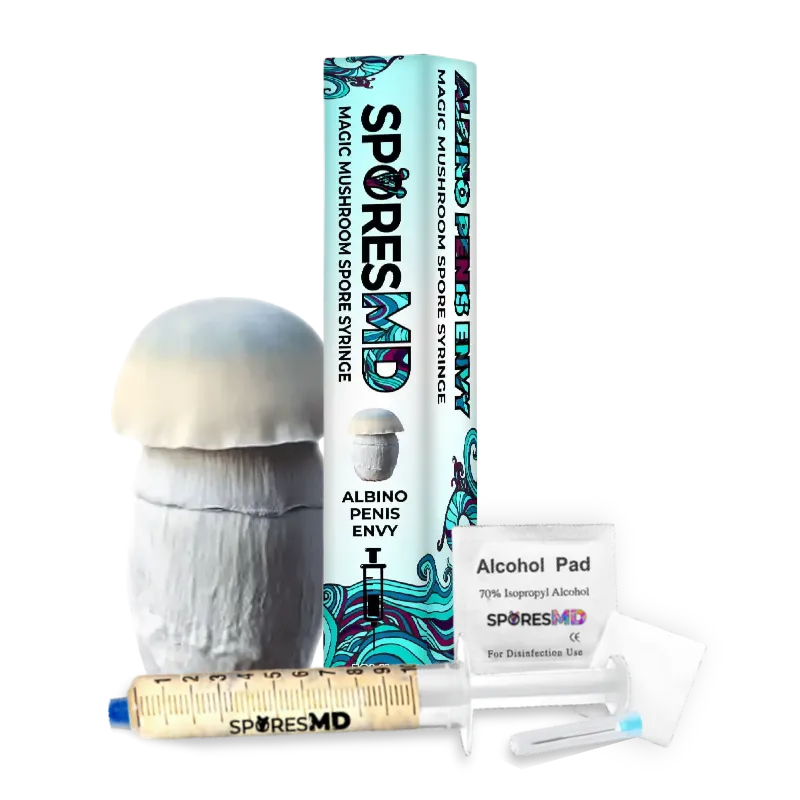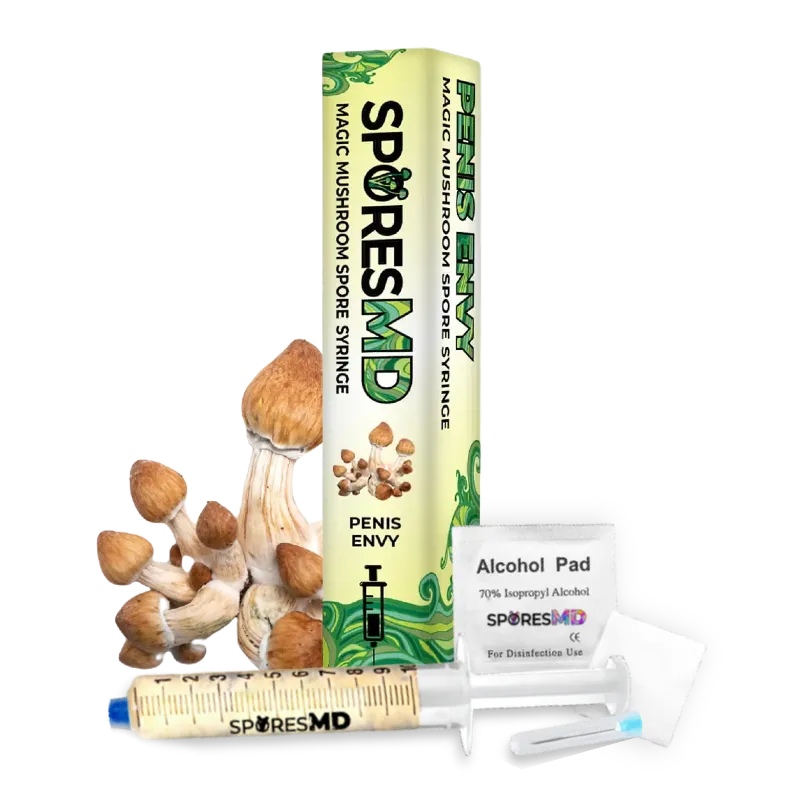In the world of drug addiction treatment, a new player has emerged, showing promising results in combating substance use disorders (SUDs). This compound, known as psilocybin, is the active ingredient found in psychedelic mushrooms, often referred to as “magic mushrooms.” Psilocybin is now being studied as a potential treatment for addiction to alcohol, opioids, and other substances. In this article, we will delve into the recent scientific breakthroughs related to psilocybin-assisted therapy, offering a glimpse into this rapidly evolving field of research.
The Psilocybin Revolution
Psychiatrists and scientists have long been interested in the therapeutic potential of psychedelic substances. However, it’s only recently that the potential of psilocybin, a naturally occurring compound found in certain species of mushrooms, has come to the forefront of psychiatric research.
Understanding Psilocybin
Psilocybin belongs to a class of drugs known as hallucinogens, which alter perceptions, thoughts, and feelings. It is a naturally occurring compound that can induce a psychedelic experience characterized by changes in perception, thought patterns, and mood. Unlike other substances of abuse, psilocybin is not considered addictive.
Psilocybin in Substance Use Disorder Treatment
The most fascinating aspect of psilocybin’s potential lies in its ability to treat various substance use disorders, from alcohol to nicotine and even opioid addictions. This is surprising, as traditionally, one does not consider using one recreational drug as a treatment for dependence on another. Yet, various clinical trials have shown that psilocybin, when administered under professional supervision and in conjunction with psychotherapy, can significantly reduce cravings and increase abstinence rates.
 The Science Behind Psilocybin-Assisted Therapy
The Science Behind Psilocybin-Assisted Therapy
A wealth of research has been conducted to understand the mechanisms behind psilocybin’s effects on substance use disorders. Here, we delve into some of the most significant findings.
The Chemistry of Psilocybin
Psilocybin is closely related to the neurotransmitter serotonin, which plays a crucial role in mood regulation and reward processing. When consumed, psilocybin is converted to psilocin, which primarily acts on the serotonin 5-HT2A receptors, the activation is known to induce hallucinations.
Psilocybin and Neural Plasticity
Interestingly, studies suggest that psilocybin might increase neuroplasticity—the brain’s ability
to form and reorganize synaptic connections, especially in response to learning or experience. This increased plasticity could potentially allow for the formation of new, healthier habits and thought patterns, replacing those associated with substance use.
The Role of the Psychedelic Experience
Another critical aspect of psilocybin-assisted therapy is the psychedelic experience itself. Many patients report profound psychological insights and shifts in perspective that can lead to lasting changes in behavior and attitudes towards substance use.
Psilocybin-Assisted Therapy for Alcohol Use Disorder
Alcohol use disorder (AUD) is one of the most prevalent substance use disorders globally. Despite the availability of FDA-approved medications for AUD, relapse rates remain high, indicating a need for more effective treatments. Recent research has shown promising results for the use of psilocybin in treating AUD.
Clinical Trials and Results
Several clinical trials have assessed the efficacy of psilocybin-assisted therapy in patients with AUD. These studies have shown that psilocybin, in conjunction with psychotherapy, can significantly reduce heavy drinking days and increase periods of total abstinence.
In one study conducted at New York University, participants who received psilocybin-assisted therapy showed an 83% reduction in heavy drinking, compared with a 51% reduction in those who received a placebo. Further, eight months after the first psilocybin dose, 48% of those who had psilocybin stopped drinking altogether, twice as many as the 24% in the placebo group.
Psilocybin-Assisted Therapy for Opioid Use Disorder
With the ongoing opioid crisis in the United States, there is an urgent need for effective treatments for opioid use disorder. While medications like methadone and buprenorphine have been successful in reducing opioid use, they are not effective for all individuals, and relapse rates remain high. Researchers are now investigating whether psilocybin could offer a new approach to treating opioid addiction.
The Promise of Psilocybin
While research on psilocybin and opioid use disorder is still in its early stages, preliminary findings suggest that psilocybin-assisted therapy could be a promising treatment option. By potentially increasing the brain’s ability to form new connections and break free from destructive patterns of thought and behavior, psilocybin could provide a powerful tool in the fight against opioid addiction.

Psilocybin-Assisted Therapy for Other Substance Use Disorders
In addition to alcohol and opioid use disorders, researchers are investigating the potential of psilocybin-assisted therapy for treating other substance use disorders, including tobacco and cocaine addiction.
Psilocybin and Tobacco Addiction
In a study conducted at Johns Hopkins University, 80% of participants were abstinent from smoking six months after a psilocybin-assisted therapy session. This success rate is significantly higher than that typically observed with conventional treatments, suggesting that psilocybin could offer a new and effective approach to smoking cessation.
Psilocybin and Cocaine Addiction
Research is also underway to explore the potential of psilocybin in treating cocaine addiction. While these studies are still in progress, early indications suggest that psilocybin-assisted therapy could help individuals overcome cocaine addiction by enablin
g them to break free from destructive thought patterns and behaviors associated with drug use.
The Future of Psilocybin-Assisted Therapy
While the research on psilocybin-assisted therapy for substance use disorders is promising, it’s important to note that this field of study is still in its early stages. More large-scale, rigorous clinical trials are needed to fully understand the potential benefits and risks of this treatment approach.
Regulatory Considerations
Currently, psilocybin is classified as a Schedule I drug under the United States Controlled Substances Act, indicating that it has a high potential for abuse and currently no accepted medical use. However, with the growing body of research demonstrating the potential therapeutic benefits of psilocybin, there are calls for its reclassification.
Expanding Access to Psilocybin-Assisted Therapy
As the scientific understanding of psilocybin continues to evolve, so too does public opinion. Several cities and states in the United States have decriminalized psilocybin, and others are considering similar measures. This changing legal landscape could potentially pave the way for expanded access to psilocybin-assisted therapy for those struggling with substance use disorders.
Wrapping it Up
The growing body of research on psilocybin-assisted therapy for substance use disorders paints a promising picture of the potential of this psychedelic compound. By fostering new neural connections and offering profound psychological insights, psilocybin could provide a powerful tool in the fight against addiction.
As a reputable online provider of mushroom spore products, specifically spore syringes, SporesMD is dedicated to promoting the therapeutic potential of psilocybin. With a range of products designed to support therapeutic research and personal growth, SporesMD is committed to providing high-quality, safe, and legal psilocybin products to the community.
Whether you’re a researcher, a healthcare provider, or an individual seeking personal growth, you can trust SporesMD to offer the highest quality products and customer service. Explore our product range today and join us in the exciting journey of discovering the therapeutic potential of psilocybin.


 The Science Behind Psilocybin-Assisted Therapy
The Science Behind Psilocybin-Assisted Therapy


